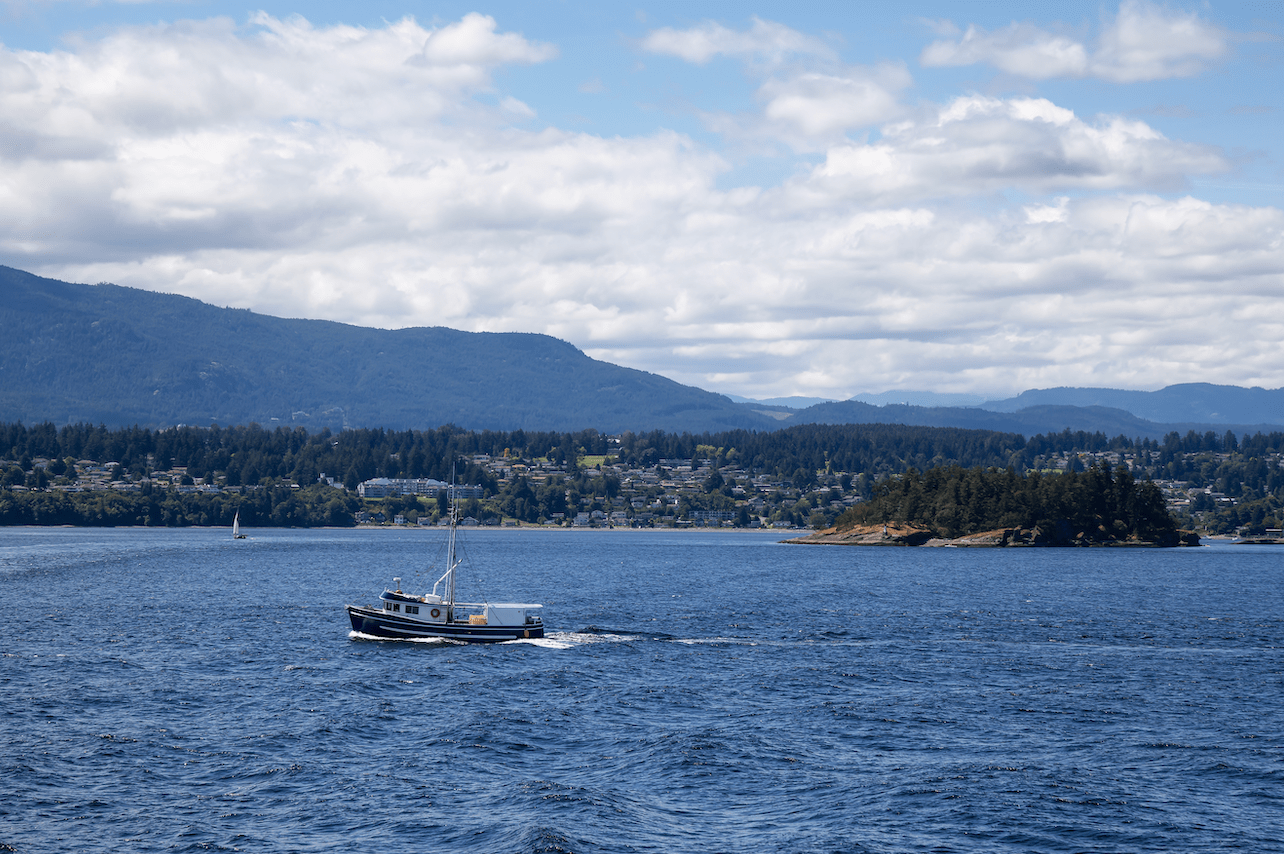More locally raised meat will be available for restaurants and retail outlets following provincial government efforts to establish a more resilient BC food system.
The meat will be available in the Alberni-Clayoquot Regional District, as well as Electoral Area D of the Regional District of Central Kootenay and Electoral Area H of the Regional District of Fraser-Fort George.
“We have been working with ranchers, abattoir operators and regional governments since 2017 to increase the amount of locally raised meat British Columbians in rural communities can enjoy, and we are starting to see the results of our collective effort,” said Lana Popham, Minister of Agriculture. “This change will help livestock and poultry producers in the new designated areas expand their sales in stores and restaurants in their communities, supporting a more sustainable regional food system and putting more great tasting BC beef, pork and poultry on plates, grills and menus in those areas.”
The updated Meat Inspection Regulation now allows Class D licences in each of the three areas and encourages the growing “farm-to-fork” trend in many BC communities. Class D licence holders are permitted to conduct on-farm slaughter of up to 25 animal units for direct sale to consumers or retail outlets like restaurants and meat shops in the region where the meat was slaughtered.
“These changes will be celebrated at dinner tables, restaurants and butcher shops by people who enjoy the beef, pork and poultry raised by our neighbours in the valley,” said Scott Fraser, MLA for Mid Island-Pacific Rim. “There continues to be growing interest and pride in the food produced and served here. It makes it easier for livestock and poultry producers to sell food in the region that they are part of, strengthening our area’s food security, economy and community ties.”
These changes to increase the local meat supply follows Ministry of Agriculture consultation that began in March 2018. The consultation on how to improve rural abattoir licensing in British Columbia was held with ranchers and livestock producers, abattoir operators and local governments. The changes also follow the direction of a recommendation in the June 2019 Agriculture, Fish and Food Standing Committee’s report to seek “public input on new Class D licence regions to help alleviate regional or sub-regional slaughter capacity challenges and increase local livestock production.”
The BC government continues to consult with ranchers, abattoir operators, local governments and other stakeholders to review and improve the province’s rural slaughter capacity, and support more opportunities for the production and sales of locally raised meat products in BC.

